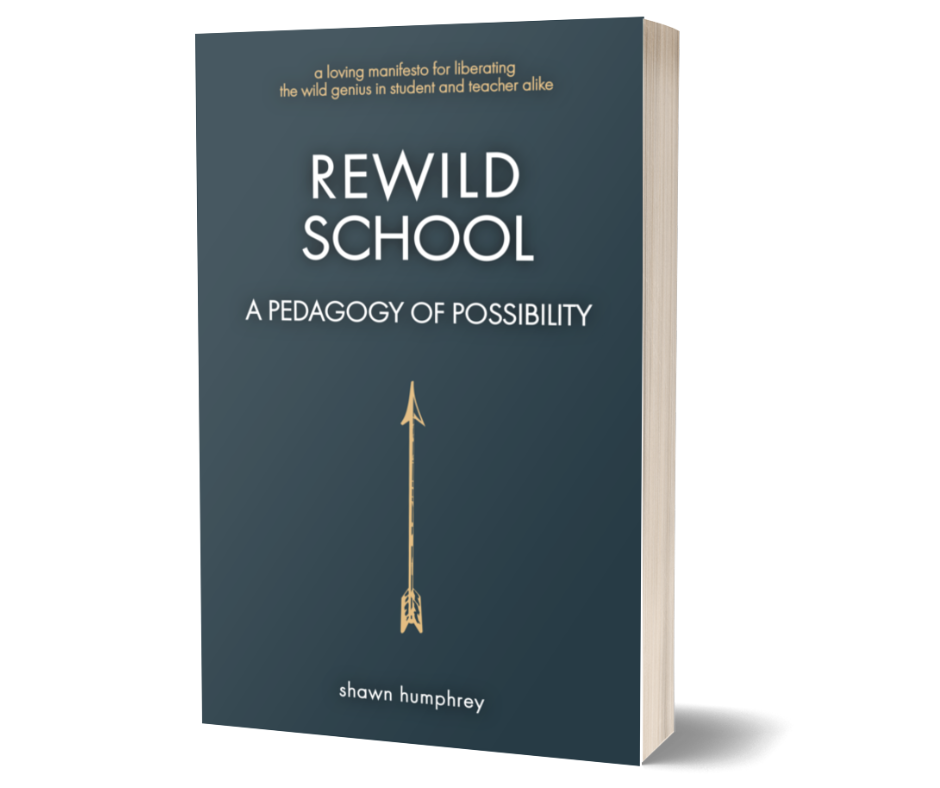My “Ability to Do Good” Checklist
It was 2007. I had just launched and participated in the Two Dollar Challenge. The experience was transformative. Poverty inducing constraints, dynamics, and relationships once hidden from view became visible. Childhood memories long buried away bubbled to the surface. Poverty was officially under my skin. I became obsessed with finding a way to transform my job as an Assistant Professor of Economics into a platform for poverty eradication. So, I took to taking stock of the assets, resources and capabilities at my disposal:
- Access to enthusiastic young people – check
- Access to a university community with varied expertise – check
- Access to funding for undergraduate research and travel – check
- Academic freedom to design a course around a topic of my choosing – check
And, for those assets I did not currently possess, I aggressively went about securing them. A student at Mary Washington had recently founded a non-profit organization in Honduras. Having spotted him on campus, I jumped right into my request. “I want to get involved with your work in Honduras. I am overly frustrated with how I teach economic development. All theory, no application. All models, no reality. I want to design a course around a pressing need and travel down with my students to implement a solution. What do you think?” Without hesitation, he replied “Let’s do it!”
- Access to a community of poor people – check
The following summer I met the Student-President of the organization. Sitting in a coffee shop 1,689 miles away, an emerging senior in college and an Assistant Professor trained as an Economic Historian and currently researching patterns of pre-state warfare who had never set foot in a developing country decided that what this particular community of poor people needed the most was to tackle indoor air pollution (IAP).
- A Development project to pursue – check
With almost every square on my “Ability to Do Good Checklist” ticked off, I set out to recruit my students. Over the fall semester, the course evolved into a yearlong project with three phases, three non-profit partners (SHH, AHDESA, and ENASA), and the University of California Berkeley’s Air Monitoring Group.
Just one more thing remained on my checklist – money. No problem. My students and I joined SHH and entered “America’s Giving Challenge”. Together, we won $50,000. $20,000 was set aside for our IAP Project.
- $20,000 Budget – check
Our IAP Project had two objectives. First, provide a direct benefit to participating households in the form of reduced exposure to indoor air pollution. Second, publish the results of our study so as to provide additional support for the role of improved cook stoves in minimizing IAP and quite possibly lead to the pursuit of similar programs in other communities.
That was 2008. Today, I think it is safe to say that few if any of the 30 households who purchased an improved cook stove (at a steep discount) continue to use one. Most families reverted back to their traditional cook stoves, a problem symptomatic of all IAP projects. Moreover, the results of our study continue to languish unpublished.
Even so, for years I viewed this project as a personal and professional success. How? That discussion is left for another post.
Now, today, at this moment, it makes me feel uncomfortable. And, just having previewed this post before hitting publish, a voice in my head is telling me “Do not hit publish. It’s embarrassing. It will damage you professionally. Who is going to trust your judgement after reading this?” Yet, I feel compelled to go forward. So I here I go.
What was the source of my hubris? What messaging had I received that led me to believe that I could just show up and make a positive difference? What was it about my culture, my context, my educational background that let me conclude that as an outsider I could do good? Why did my “Ability to Do Good Checklist” not include additional assets, resources and capabilities?
Some obvious additions/revisions:
- A Development project to pursue that was identified by the community as a pressing need.
- I have been invited to work as a supporting partner on this project
Not to mention the addition of some more practical assets like:
- I speak the community’s language
- I know the community’s culture
- I know the community’s history
My revised “Ability to Do Good Checklist” would also include:
- I am a good listener
- I am a dutiful sidekick
At the very top of the checklist would be:
- I have read Ivan Illich’s “To Hell with Good Intentions”
At the very bottom of the checklist and last step to take:
- I have considered staying home.
This is just barely scratching the surface. What would you add, take away, and/or revise?
An updated version of my “Ability to Do Good Checklist” will be the focus of a future post.
+++++
If you enjoyed this blog, you may enjoy my This is the Work newsletter.
Thanks. – shawn
P.S. Read the Sidekick Manifesto and Take the Pledge!

